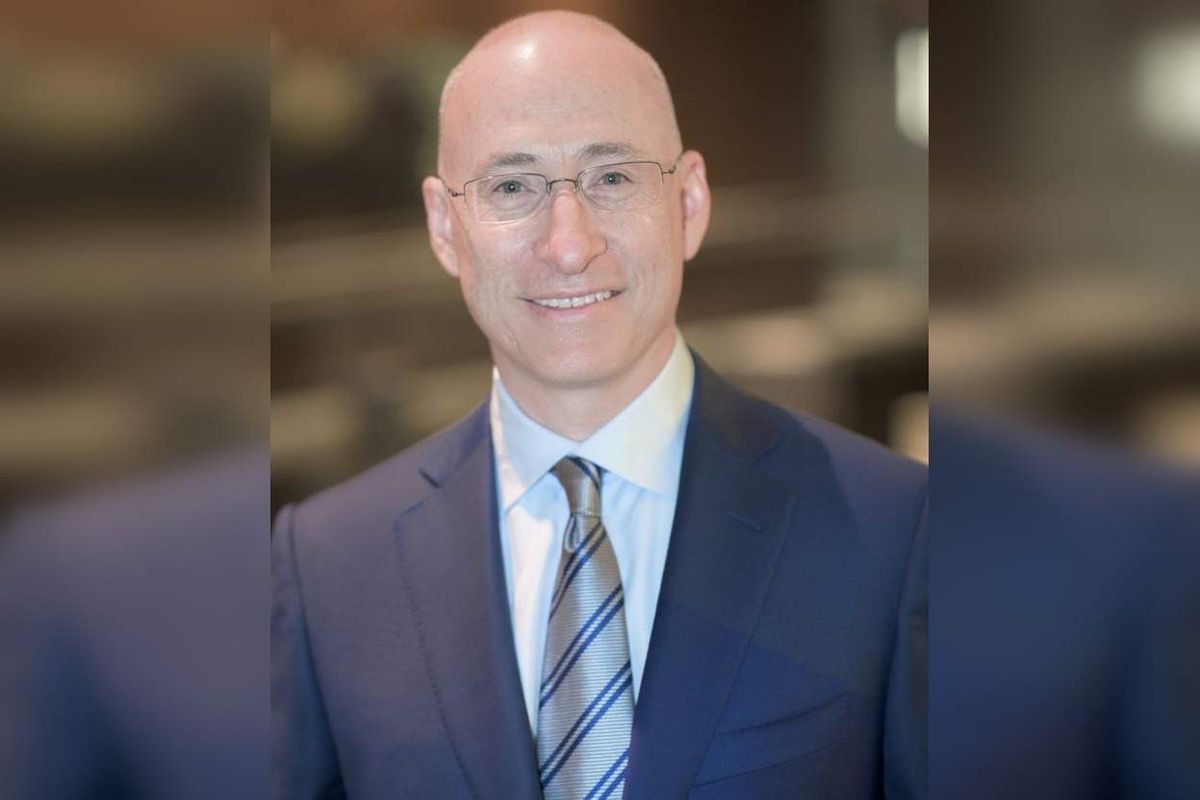New CEO brings strategic vision to Houston co. advancing neurodegenerative disease treatments
Q&A
Coya Therapeutics has named a new CEO. As of Nov. 1, Arun Swaminathan replaced Co-founder Howard Berman in the role. Berman has assumed the title of executive chairman, in which he will still remain active with the company.
Swaminathan started with Coya two years ago as chief business officer. This transition was planned, says the PhD-holding scientist and businessman.
“(Berman's) intent was that it was the right time to put in place a CEO that, as we move into the operational phases of the company, that can take the reins from him,” he tells InnovationMap.
Coya Therapeutics is a publicly traded biotechnology company that is working on two novel treatments for Alzheimer's disease. Coya's therapeutics, which are currently in trials, use regulatory T cells (T regs) to target both systemic- and neuroinflammation in patients.
InnovationMap: Berman has been a very visible CEO. Will you follow suit?
Arun Swaminathan: I think it's part of the CEO’s job to be visible and to communicate the value of our company to all the stakeholders out there. So yes, I do plan to be visible as well. Obviously, Howard as the founder had elements that he talked about, the foundational stories. I obviously will be doing less of that.
IM: What was your journey from the lab to the boardroom?
AS: I have a PhD from the University of Pittsburgh. I like to say that I grew up at Bristol Myers Squibb, so I started in a clinical pharmacology group at BMS, running clinical trials, but in the cardiovascular and metabolic space.
What happened was, as I was the study director on a diabetes trial there, and the data starts coming in for these early diabetic trials, and I got highly involved with the commercial folks at BMS in starting to plan out “What does the target profile look like? How is this going to play out in the real world?” You know, the marketing teams and commercial teams start engaging when clinical data is available, because they're starting to plan for the eventual launch of the product.
That gave me a lot of exposure to the commercial side of things, and I also got a lot of experience presenting to opinion leaders and others through that role. And I said, “What I really love is that intersection between science and business.” And so I think that was my moment.
Then I moved to business development and licensing, where I helped scan the universe for assets and talk to CEOs of companies like Coya as a junior person, trying to understand if there's something that we can bring into BMS to strengthen the pipeline of BMS. So that gave me exposure to deals, how deals are structured, how you negotiate a lot of that kind of stuff.
Then I said, “Look, if I want to be a complete person in biotech, I do need to go into more true commercial roles.” So I went into commercial strategy. I was involved in the commercial strategy for what is now known as Eliquis. Was back then known as apixaban. That’s still the generic name.
Then I led marketing for Orencia, a rheumatoid arthritis drug. So I went and got both strategic and tactical marketing experience at BMS, and then I used all of that experience, rounded up. I eventually ended up co-founding a company, and that's led me to the last nine years with smaller biotech companies. So that's my evolution and path. But I think my true moment of realization was about three years into my clinical role at BMS, when I said, what I really enjoy is translating good science into commercial value, and I think that's what excites me.
IM: Why is Houston an important part of Coya's success?
AS: It is important that Coya stays in Houston, because we have a very close association with Houston Methodist, we get a lot of our work, our early research work still done through Houston Methodist, through Dr. [Stanley] Appel's lab and through other experts. We absolutely have a special research agreement with Houston Methodist, so we have a very strong reason to be in Houston. So, we do not anticipate moving out of Houston.
------
This conversation has been edited for brevity and clarity.




 Dr. Evan Collins, an orthopedic surgeon and chief of the Houston Methodist Hand & Upper Extremity Center, was named the hospital's first innovator in residency. Photo via drevancollins.com
Dr. Evan Collins, an orthopedic surgeon and chief of the Houston Methodist Hand & Upper Extremity Center, was named the hospital's first innovator in residency. Photo via drevancollins.com


